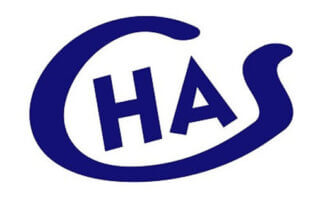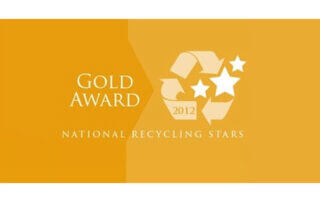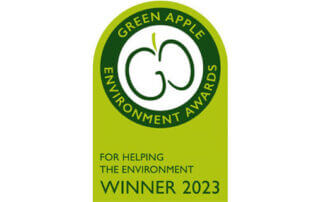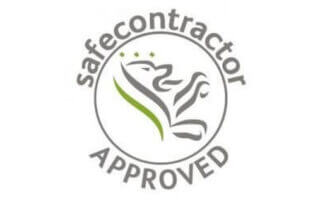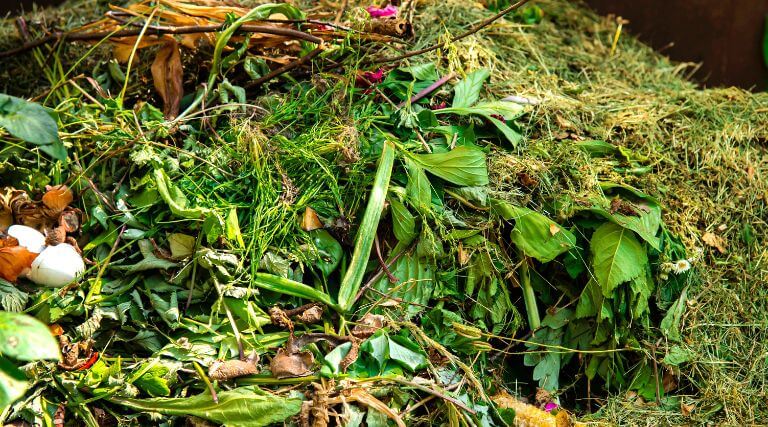
Recycling garden waste plays a vital role in protecting the environment, reducing landfill use, and creating valuable materials like compost. Many people diligently dispose of garden waste through council services or private companies, but have you ever wondered what happens after your garden waste is collected? Understanding the recycling process can inspire you to dispose of green waste responsibly and even take part in sustainable practices at home.
What Counts as Garden Waste?
Garden waste includes a wide range of organic materials. Common examples are grass cuttings, hedge trimmings, leaves, branches, and dead plants. These materials are biodegradable, making them perfect for recycling into useful products. However, it’s essential to avoid contaminating garden waste with items like plastic bags, plant pots, or general rubbish, as this can disrupt the recycling process.
Collection and Transport
Once you’ve placed your garden waste in the designated bins or sacks, it’s collected by local councils or private waste removal companies. The collection process often uses specialist vehicles designed to keep green waste separate from other types of rubbish. This ensures the waste arrives at recycling centres uncontaminated and ready for processing.
Sorting the Waste
At the recycling facility, the garden waste goes through a sorting process. Large objects, like thick branches, are separated from smaller materials such as leaves and grass. Machinery may be used to shred bulky items into smaller pieces, making them easier to process. This step is crucial because different types of waste decompose at different rates.
Composting the Green Waste
After sorting, the waste is sent for composting. There are two primary methods of composting used in recycling centres:
Open Windrow Composting
This method is used for materials like branches, grass, and hedge clippings. The green waste is laid out in long rows and regularly turned to ensure proper aeration. Microorganisms break down the organic matter over several months, producing high-quality compost.
In-Vessel Composting (IVC)
IVC is used for more complex organic waste, such as food mixed with garden waste. The waste is placed in enclosed vessels where temperature, moisture, and oxygen levels are carefully controlled. This process ensures rapid and thorough decomposition, often within a few weeks.
Screening and Grading
Once the composting process is complete, the material is screened to remove any remaining contaminants and graded by size. Larger particles may be returned to the composting cycle, while the finer material is packaged and sold as compost for gardening and landscaping.
Benefits of Recycling Garden Waste
Recycling garden waste has numerous environmental and economic benefits. It reduces the need for landfill space, where decomposing organic matter can produce harmful methane gas. Additionally, the resulting compost enriches soil, improves water retention, and reduces the need for chemical fertilisers.
How You Can Help
You can make the garden waste recycling process even more effective by:
- Keeping garden waste free from contaminants.
- Composting smaller amounts of green waste at home.
- Using professional rubbish removal services for larger garden clearances.
Ready to Recycle Your Garden Waste?
If you have garden waste that needs clearing, we’re here to help. At Cheap Skip Hire Prices, we provide reliable, eco-friendly garden waste removal services. Whether it’s a small pile of trimmings or a large garden clearance, we’ll ensure your waste is recycled responsibly.
Contact us today on 01442 229 029 or book online via our website. Let’s work together to create a cleaner, greener future!



